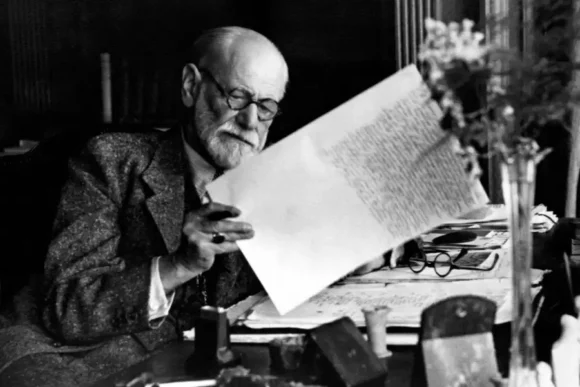Reading Trippy by Ernesto Londono for the Telegraph
Ernesto Londoño’s enviable reputation as a journalist was forged in the conflict zones of Iraq and Afghanistan. In 2017 he landed his dream job as the New York Times Brazil bureau chief, with a roving brief, talented and supportive colleagues, and a high-rise apartment in Rio de Janeiro.
When, not long after, he nearly-accidentally-on-purpose threw himself off his balcony, he knew he was in serious emotional trouble.
It was more than whimsy that led him to look for help at a psychedelic retreat in the Amazon hamlet of Mushu Inu, a place with no running water, where the shower facility consisted of a large tub guarded by a couple of tarantulas. He had seen what taking antidepressant medications had done for acquaintances in the US military (nothing good), and thought to write at first hand about what, in the the US, has become an increasingly popular alternative therapy: drinking ayahuasca tea.
Ayahuasca is prepared by boiling chunks of an Amazonian vine called Banisteriopsis caapi with the leaves of a shrubby plant called Psychotria viridis. The leaves contain a psychoactive compound, and the vines stop the drinker from metabolising it too quickly. The experience that follows is, well, trippy.
By disrupting routine patterns of thought and memory processing, psychedelic trips offer depressed and traumatised people a reprieve from their obsessive thought patterns. They offer them a chance to recalibrate and reinterpret past experiences. How they do this is up to them, however, and this is why psychedelics are anything but a harmless recreational drug. It’s as possible to step out of a bad trip screaming psychotically at the trees as it is to emerge, Buddha-like, from a carefully guided psychedelic experience. The Yawanawá people of the Amazon, who have effectively become global ambassadors for the brew (which, incidentally, they’ve only been making for a few hundred years) make no bones about its harmful potential. The predominantly western organisers of ayahuasca-fuelled tourist retreats are rather less forthcoming.
Psychedelics promise revolutionary treatments for PTSD. In the US, pharmaceutical researchers funded by government are attempting to subtract all the whacky, enjoyable and humane elements of the ayahuasca experience, and thereby distil a kind of aspirin for war trauma. It’s a singularly dystopian project, out to erase the affect of atrocities in the minds of those who might, thanks to that very treatment, be increasingly inclined to perpetrate them.
On one ayahausca webforum, meanwhile, the brew speaks to her counter-cultural acolytes. “If I don’t spread globally I will face extinction, similar to Humans,” a feminised ayahuasca cuppa proclaims. “For survival reasons, I must spread globally, while Humans must accept my sacred medicine to heal their afflicted soul.”
Londono has drunk the brew, if not the Kool-Aid, and says his ayahuasca experiences saved, if not his life, then at very least his capacity for happiness. He maintains a great affection for the romantics and idealists who he depicts in pursuit, according to their different lights, of the good and the healthful in psychedelic experience.
His own survey leads him from psychedelic “bootcamps” in the rainforest to upscale clinics in Costa Rica tending to the global one per cent, to US “churches”, who couch therapy as religious experience so that they can import ayahuasca and get around the strictures of the DEA. The most startling sections, for me, dealt with Santo Daime, a syncretic Brazilian faith that contrives to combine ayahuasca with a proximal Catholic liturgy.
Trippy is told, as much as possible, in the first person, through anecdote and memoir. Seeing the perils and the promise of psychedelic experience play out in Londono’s own mind, as he comes to terms over years with his own quite considerable personal traumas, is a privilege, though it brings with it moments of tedium, as though we were being expected to sit through someone’s gushing account of their cheese dreams. This — let’s call it the stupidity of seriousness — is a besetting tonal problem with the introspective method. William James fell foul of it in The Principles of Psychology of 1890, so it would be a bit rich of me to twit Londono about it in 2024.
Still, it’s fair to point out, I think, that Londono, an accomplished print journalist, is writing, day on day, for a readership of predominantly US liberals — surely the most purse-lipped and conservative readership on Earth. So maybe, with Trippy as our foundation, we should now seek out a looser, more gonzo treatment: one wild enough to handle the wholesale spiritual regearing promised by the psychedelics coming to a clinic, church, and holiday brochure near you.


